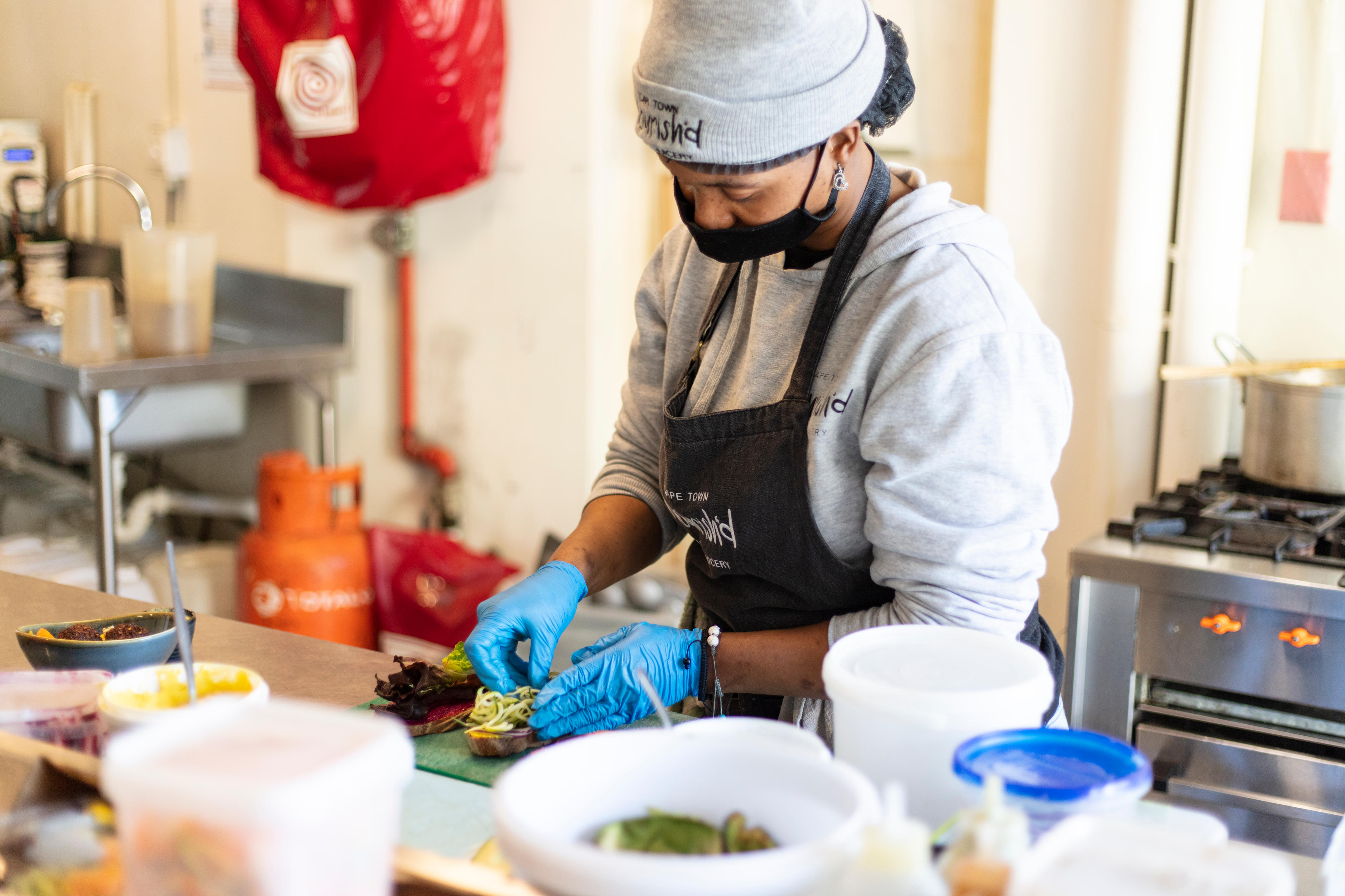Looking back COVID-19 support package for the tourism sector
The purpose of the support package was not only to maintain tourism infrastructure and enable stakeholders to start selling tourism-related products and services again but also to take a critical look at previous approaches, improve social and environmental aspects in the tourism sector, and make the tourism industry in developing countries and emerging economies more resilient to crisis.
The COVID-19 tourism support package was implemented in more than 20 partner countries of the BMZ in cooperation with non-governmental organisations, UN agencies, industry associations, German tourism companies, and other cooperation partners.
It focused on the following goals:
- Training on digital technology for tourism industry workers
- Equal opportunities for all people and empowerment of women
- Improving resilience against crises through risk-informed management
- Strengthening the protection of children in tourism
- Improving the capacity of small and medium-sized enterprises
- Protecting biodiversity and the cultural heritage
Results of the support package
Nearly 42,000 people received training as part of the projects.
The activities helped to maintain or create over 8,500 jobs. Nearly 3,000 women were able to increase their incomes.
The projects reached more than 3,000 companies. In addition, social media campaigns helped to sensitise 192 million people to the issues addressed by the support package.
As at: 18/07/2024





